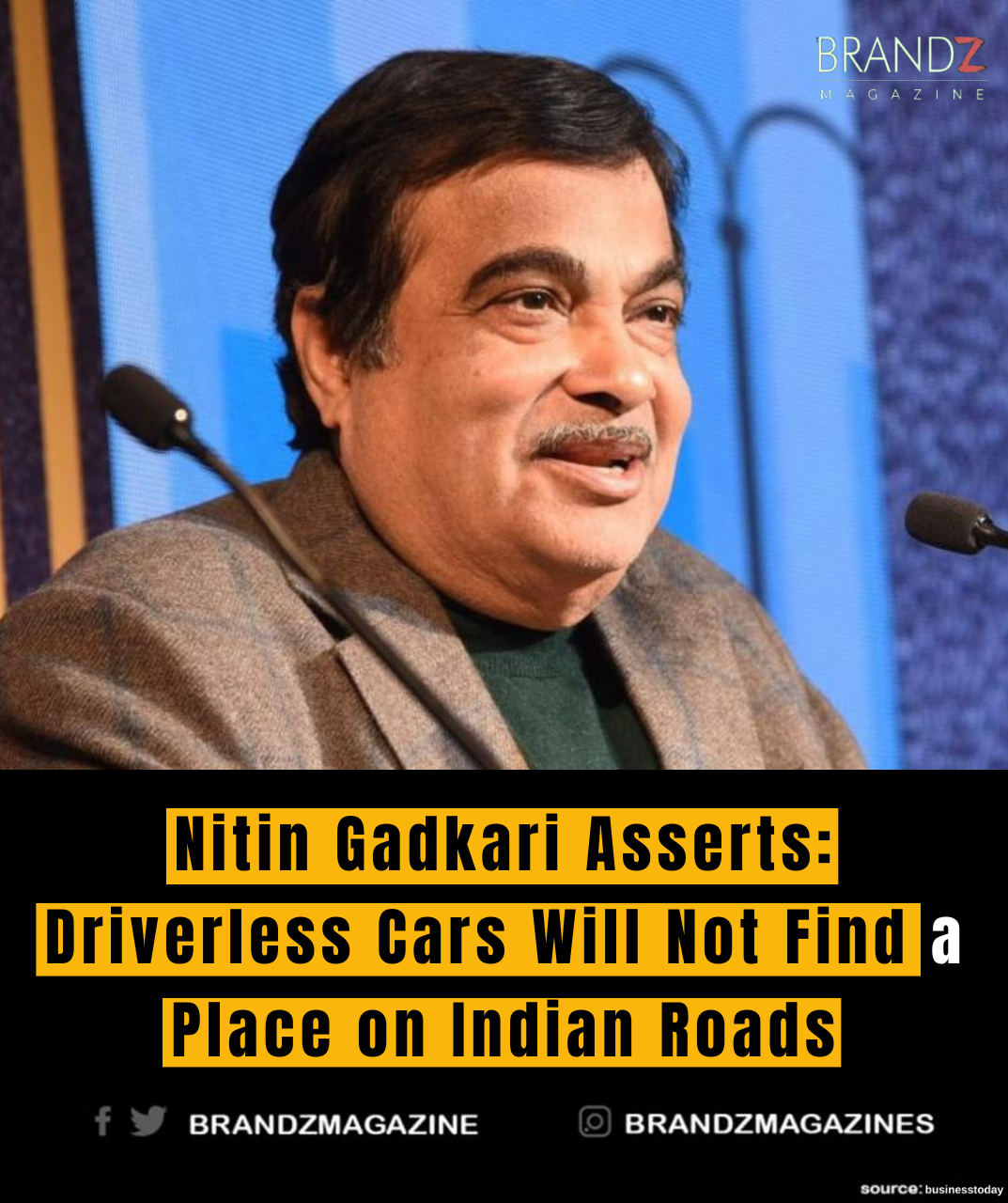
In a candid statement that reverberated through the automotive industry, Nitin Gadkari, the Union Minister for Road Transport and Highways, unequivocally asserted that driverless cars would not find a place on Indian roads. This bold stance from the minister, known for his progressive approach, sparked discussions on the challenges and considerations surrounding the integration of autonomous vehicles in India.
Gadkari’s firm declaration came during a high-profile industry event where he addressed concerns and queries related to the future of mobility in the country. While acknowledging the global advancements in autonomous driving technology, the minister emphasized the unique challenges posed by the diverse and dynamic nature of Indian traffic.
One of the primary concerns highlighted by Gadkari was the complexity of India’s road infrastructure. With a mix of urban congestion, unpredictable traffic patterns, and rural landscapes, the minister expressed reservations about the adaptability of driverless technology to the intricacies of Indian roads. He emphasized the need for technology that aligns seamlessly with the country’s unique driving conditions.
Moreover, Gadkari underscored the potential job losses associated with the widespread adoption of autonomous vehicles. India, with its significant population employed in the transportation sector, has a different socio-economic landscape compared to developed nations. The minister expressed concerns about the impact of automation on employment, particularly for those involved in driving-related occupations.
The issue of cybersecurity also found a place in Gadkari’s discourse. Highlighting the susceptibility of autonomous vehicles to cyber threats, he stressed the importance of robust cybersecurity measures before considering the mass deployment of driverless cars. This concern reflects a global conversation on the vulnerability of autonomous systems to hacking and cyber-attacks.
While acknowledging the potential benefits of autonomous vehicles, such as improved road safety and reduced accidents, Gadkari remained cautious about the pace of adoption in India. He advocated for a phased approach, with an emphasis on addressing infrastructure challenges, ensuring job security, and implementing stringent safety measures before embracing driverless technology.
Gadkari’s stance aligns with a broader conversation on the global stage regarding the societal, economic, and regulatory implications of autonomous vehicles. Many countries are grappling with the balance between technological innovation and the impact on traditional industries and employment.
In conclusion, Nitin Gadkari’s assertive declaration against the integration of driverless cars on Indian roads sheds light on the nuanced challenges and considerations specific to the country. As India navigates its path toward embracing advanced mobility solutions, the minister’s emphasis on a cautious and measured approach resonates with the need for a holistic strategy that considers the diverse facets of the nation’s transportation ecosystem.
As the automotive industry continues to evolve, Gadkari’s words serve as a catalyst for ongoing discussions on the role of technology in shaping the future of mobility in India. The journey towards autonomous vehicles may be a gradual one for the country, with each step carefully weighed against the backdrop of its unique socio-economic and infrastructural landscape.

